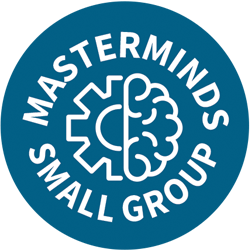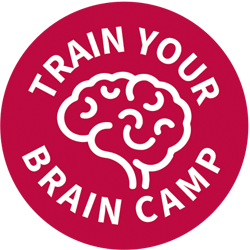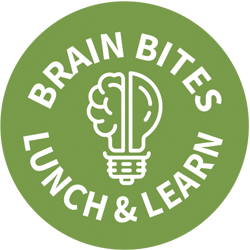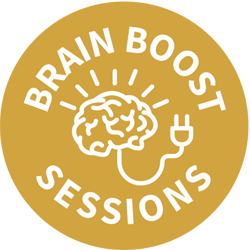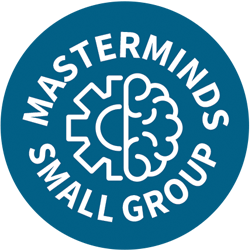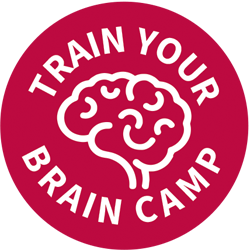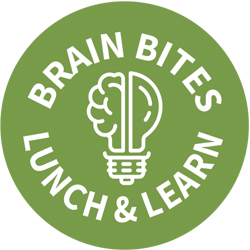Train Your Brain Program
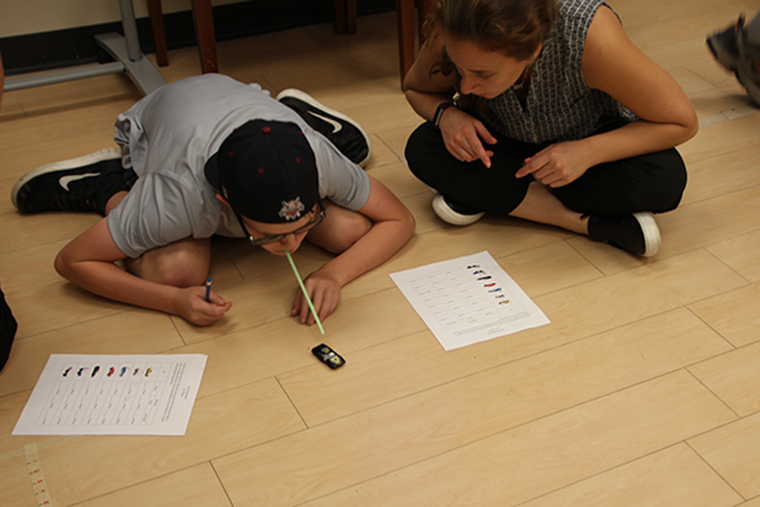
Train Your Brain (TYB), is a cognitive skills training program that teaches children and adolescents how to think through daily problems. Offered in a variety of formats, TYB uses evidence-based metacognitive strategies with motivating brain games to increase a child’s awareness, strategy use, and transfer of skills clinic to home.
The TYB curriculum was designed at Washington University Occupational Therapy by a pediatric cognitive occupational therapist with both personal and professional experience supporting children with daily executive functioning struggles.
TYB curriculum is effective because it guides children and adolescents to increase awareness of their skills and struggles and generate their own strategies in a variety of tasks and situations. Therapeutic techniques and strategies for TYB were guided by other metacognitive intervention approaches, such as the Cognitive Orientation to Daily Occupational Performance Model (CO-OP)1, Multicontext Approach2, and 360o Thinking3.
What TYB uniquely does is engage participants in developmentally appropriate and motivating brain games to guide and practice how to successfully come up with and use cognitive strategies. These strategies and skills are then overtly connected to activities that your child does every day, like putting away clothes, cleaning up toys, packing a backpack, and turning in school work.
TYB offers programs throughout the year for families and children in grades 3 – 8 in various formats. Email me updates about all TYB Programs!
All groups are directly facilitated or overseen in-person by Sarah Cheatham Oberle, OTD, OTR/L the therapist who developed the TYB curriculum. As part of Washington University Occupational Therapy, many TYB programs are also facilitated by OT doctoral students as a part of their mentored scholarship or capstone experiences. As such, you will also have the opportunity to participate in research projects related to TYB programs. All research participation will be fully voluntary. You may be contacted in advance of participating in a TYB program or after participation in a program for research opportunities.
This is an important question for any grownup considering enrolling their child or their family in a TYB program. TYB is a metacogntive therapy approach that requires a certain level of awareness into one’s skills. As such, TYB is appropriate for many children with or without many diagnoses. It is also a group therapy approach with 1-3 trained doctoral students and one licensed occupational therapist. We are limited by staffing for more high-intensity needs.
It is important to note that while TYB has been able to support children with many diagnoses, diagnosis alone is not the sole factor used to determine if our programs are best for your child. For any questions regarding appropriateness for your child, don’t hesitate to call (706.271.7306) or email Sarah Cheatham Oberle, OTD, OTR/L, the lead occupational therapist, directly.
Common diagnoses served include:
• Attention-deficit hyperactivity disorder (ADHD)
• Autism spectrum disorder, level I (ASD)
• Dyslexia and other learning disabilities
• Anxiety
• Children with IEPs or 504 plans at school
• Twice exceptional
TYB may or may not be appropriate for children with the following diagnoses or behaviors. Please call or email Sarah directly to discuss any of the below behaviors or diagnoses. Many children with the below behaviors or diagnoses have been successful in TYB programs.
• Oppositional defiance disorder (ODD) or frequent refusal/defiant behaviors
• Mild intellectual or developmental disability (I/DD)
• Language and communication diagnoses
• Eloping
• One-on-one academic needs/children with paraprofessional support in school, especially for behavioral needs
• Children who use any visual language or augmentative and alternative communication device (AAC)
• Other behavioral diagnoses or concerns
TYB is likely not appropriate for children with the following diagnoses:
• Autism spectrum disorder, levels II and III
• Moderate or significant Intellectual or developmental disabilities (I/DD)
• Physical aggression
• Significant language and communication diagnoses
For questions about any of the Train Your Brain programs, please contact Sarah Oberle Cheatham, OTD, OTR/L (sarah.cheathamoberle@wustl.edu) or phone (706) 271-7306
Email us here to get updates about all Train Your Brain programs
4444 Forest Park Avenue, 1st floor
400 Grand Avenue, Washington, MO 63090 (Washington, MO Camp)
What is executive function and metacognition?
These terms are fancy ways of talking about how we think. Executive functioning refers
to our planning, problem solving, and goal management skill that we use every day to
balance school, work, home, and friendships. Metacognition refers to thinking about
thinking. In other words, if we can help you increase awareness of how you’re doing
something, then you can start to expand your thinking to include other strategies and
skills.
Can my child participate in more than 1 camp session?
While some campers have participated in more than one session in the same summer,
the curriculum remains the from session to session, so no programming will be new.
Participating in more than one session can sometimes be helpful for kids who benefit
from repetition.
Can my child do individual cognitive training?
Yes! Your child can do individual cognitive training, but not through the Train Your
Brain program. For individual cognitive training, visit the OT Services Website for information about pediatric OT services.
Why are groups so small?
Train Your Brain Camp groups are limited to 8 campers per session in order for campers to gain the best advantage for our facilitator to camper ratio. We are a summer camp that trends towards a therapy group, so keeping our ratio low provides the best therapeutic environment for working on these skills.
Why isn’t the camp a full day?
Working on cognitive skills all day is hard! A half day camp allows campers to focus their engagement for a brief time and then take a brain break, which is critical when acquiring or sharpening our thinking skills. Additionally, Train Your Brain Camp operates through the Program in Occupational Therapy, which serves many roles and functions. Half day sessions allow us to serve more campers in smaller groups while also maintaining other clinical, education, or research projects that are going on.
1 CO-OP

